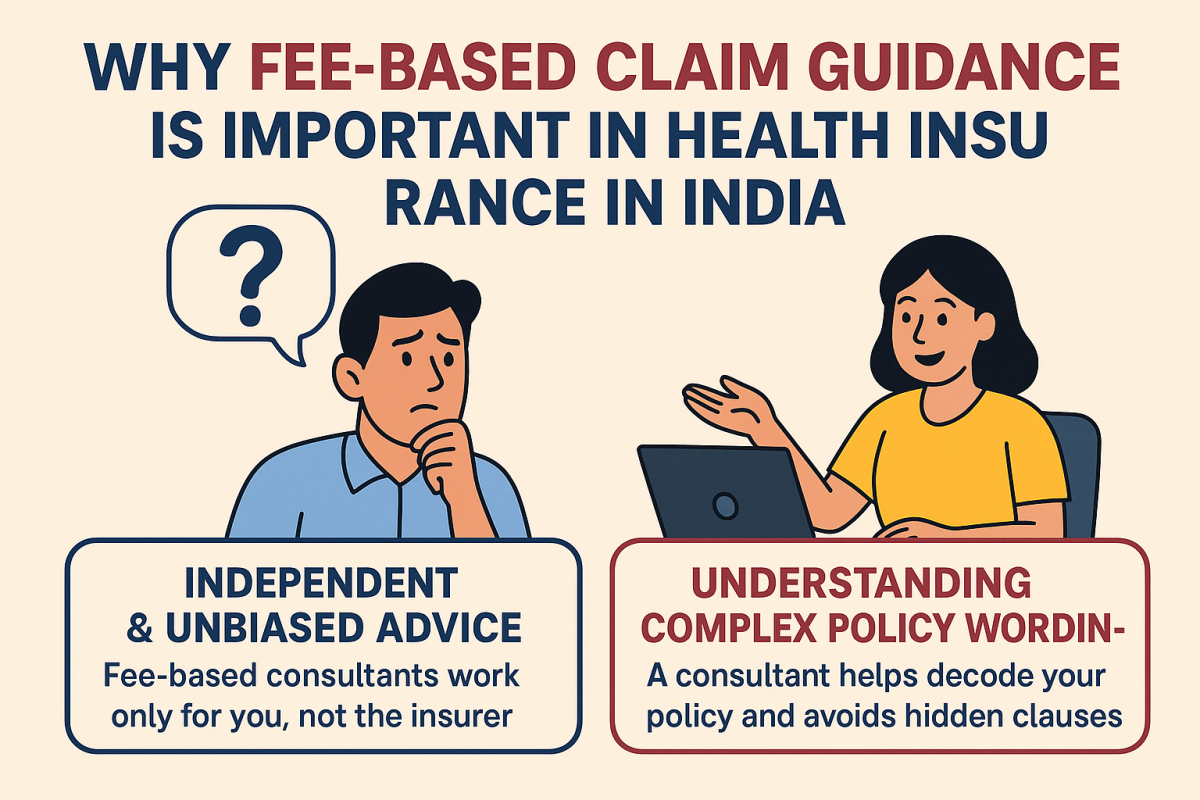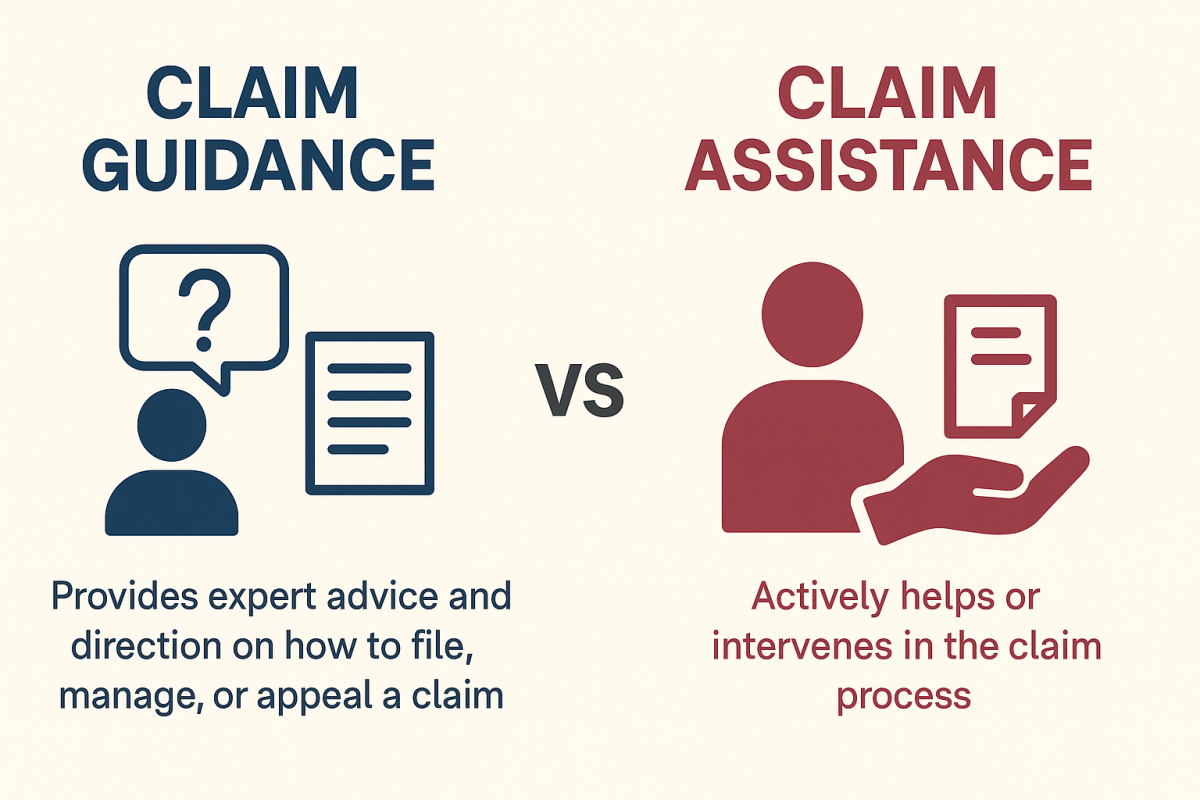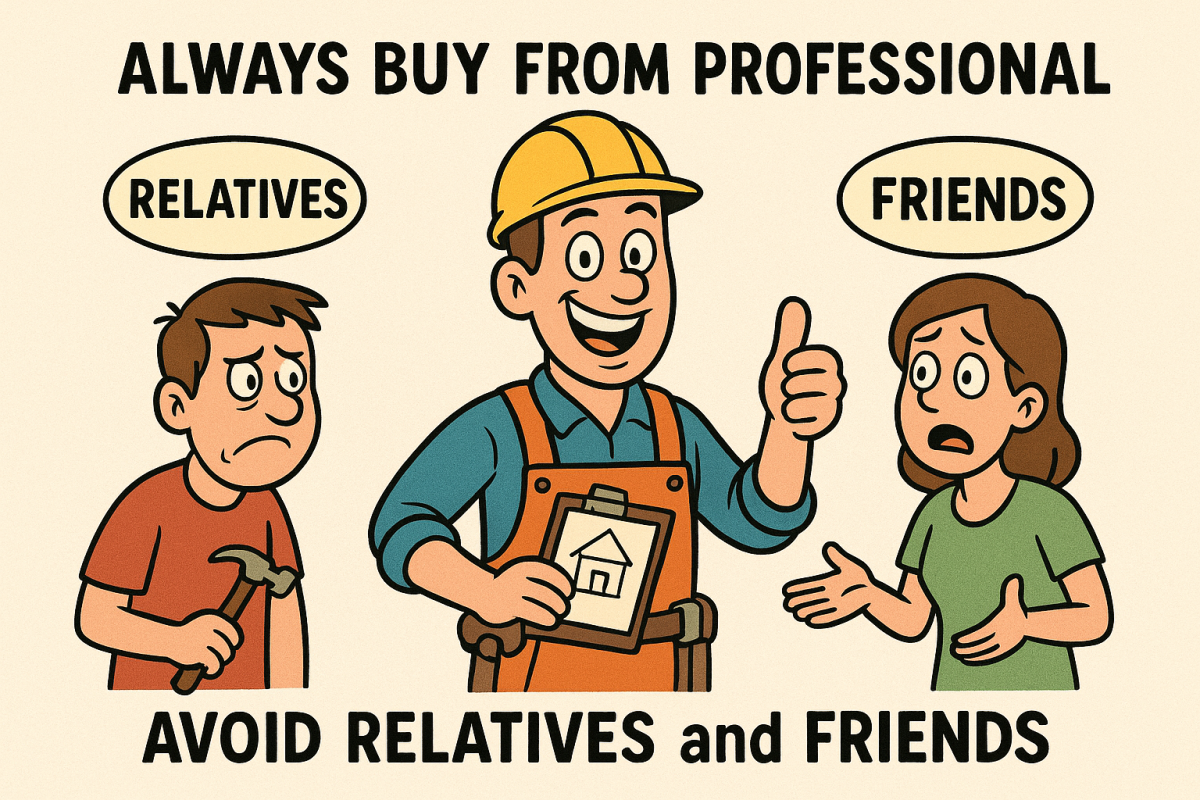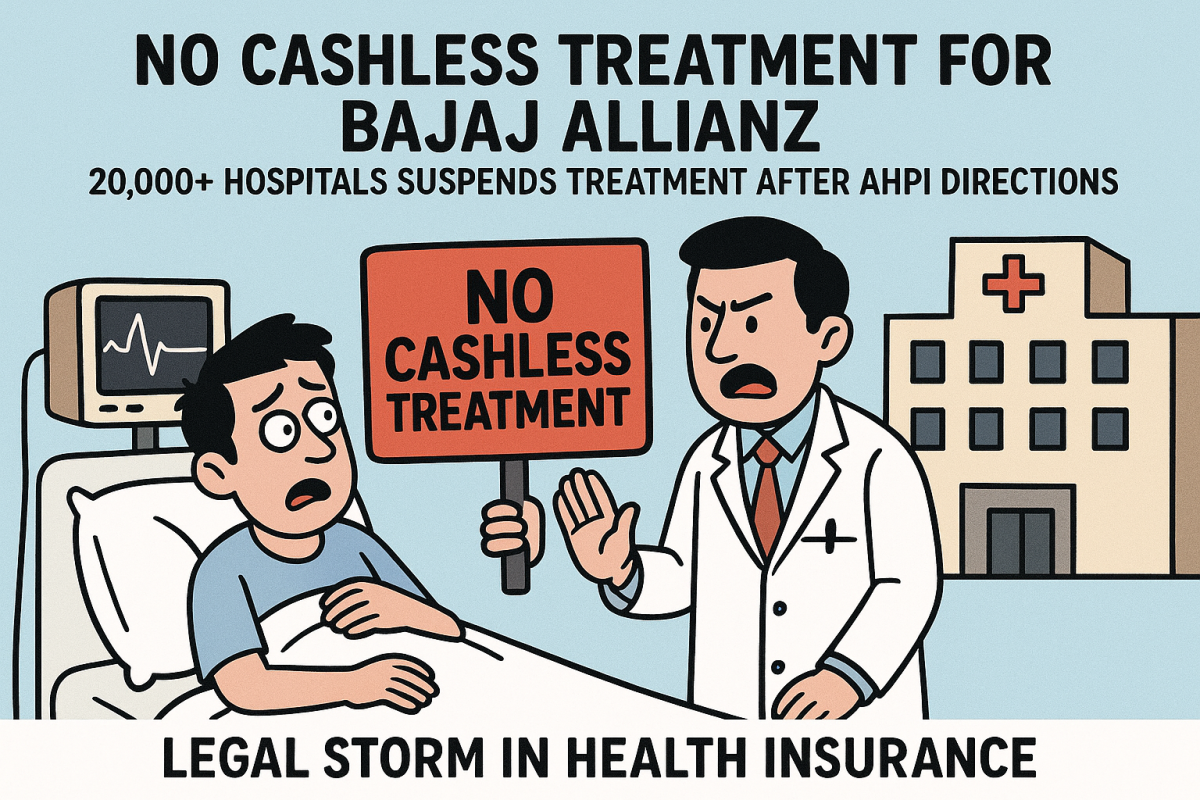That’s a really sharp question 👌 and it touches both Indian consumer psychology and our financial culture. Let me break it down in simple but deep points:
“Free ka chaska” (Love for free things)
- Most Indians feel: “Why should I pay for advice when the agent/aggregator is giving me free service?”
- They don’t realize that the “free” advice is loaded with hidden commissions built into their premiums.
- Psychologically, paying a fee upfront feels like a loss, but paying higher premiums indirectly doesn’t pinch.
Over-smart consumer mindset
- There is a perception: “Main sab samajhta hoon, mujhe consultant ki kya zarurat?”
- Thanks to Google, YouTube, and aggregator websites, people think they are already experts.
- In reality, they see only the surface (premium, room rent, cover amount) but miss critical terms (co-pay, sub-limits, exclusions).
Distrust in advisors
- Historically, Indians have been cheated by agents mis-selling LIC policies, ULIPs, chit funds etc.
- This has created a mindset: “Sab apna fayda dekhte hain, main khud hi decision loonga.”
- Ironically, instead of choosing unbiased consultants, people avoid paying anyone and end up trusting salespeople who work for commission.
Short-term money saving, long-term loss
- A fee of ₹3,000–₹5,000 looks like a big “waste” to many.
- But they don’t see how a wrong health insurance choice can cost them lakhs in claim rejection, hidden exclusions, or annual premium hikes.
- Example: Saving ₹3k today → Losing ₹3 lakh tomorrow in a rejected claim.
Social Proof & Herd Mentality
- Very few people in their circle have used fee-based consultants, so they don’t trust the concept.
- If a friend/colleague says, “Yaar, I took policy from XYZ aggregator for free”, it feels safe to copy rather than try a new professional model.
Confusion between “Agent” and “Consultant”
- Many don’t understand the difference between:
- Agent = seller, earns commission.
- Consultant = advisor, earns fee only.
- To them, everyone is just an “insurance wala”.
Cultural Mindset of Bargaining
- Indians are trained to negotiate and get discounts.
- Paying a fixed professional fee feels like “no scope for bargaining”.
- They’d rather believe they got a “better deal” by avoiding a consultant.
✅ In short:
Indian consumers try to be “over smart” because they think they are saving money and outsmarting the system. But in reality, by avoiding fee-based consultants, they often fall into the trap of biased advice and long-term financial loss.









